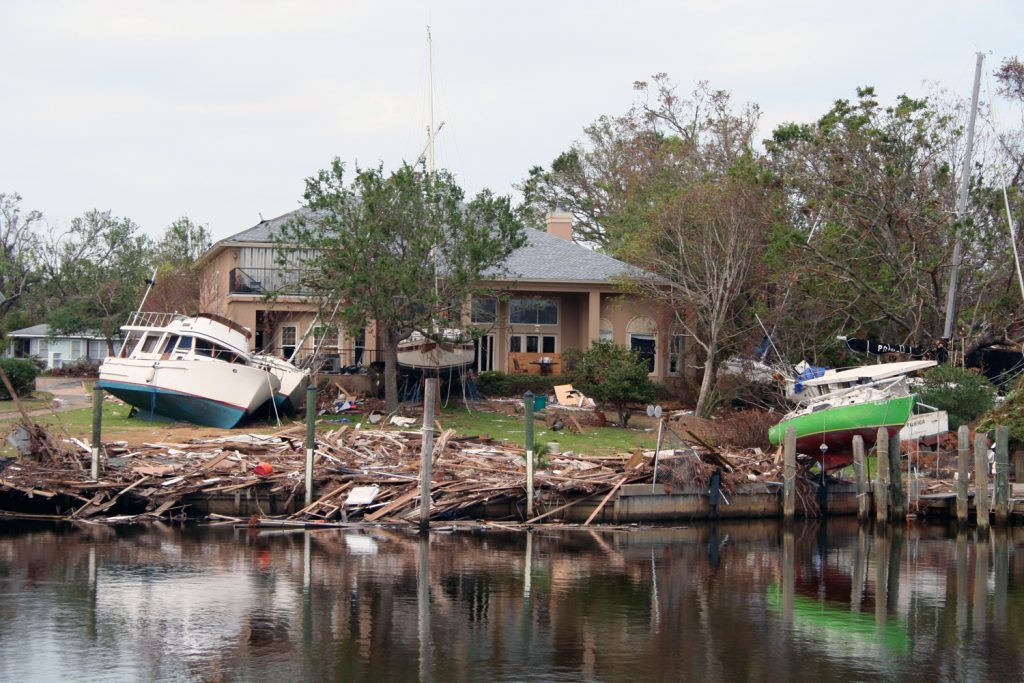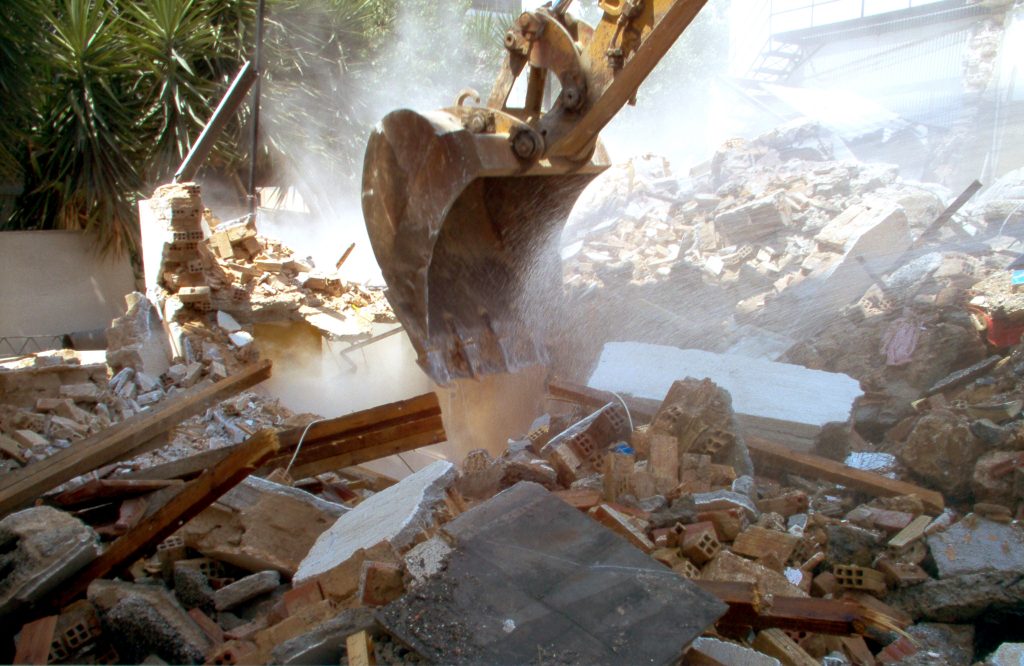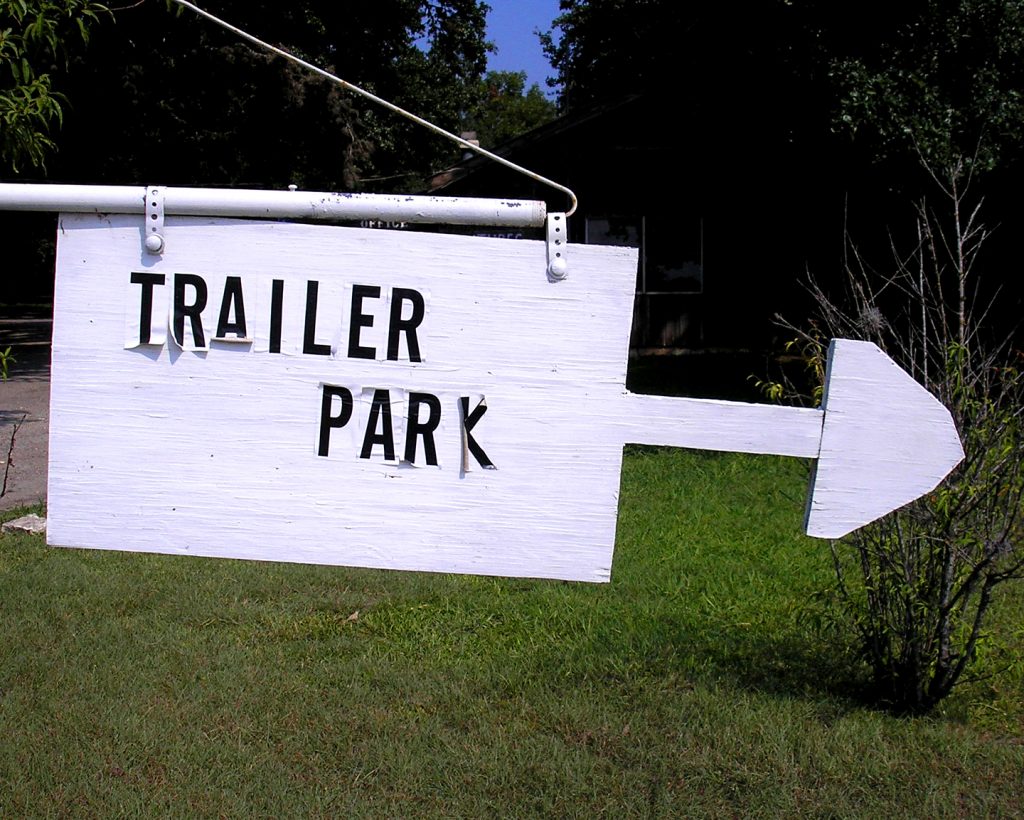 In Louisiana, a victim of fraud can recover actual damages resulting from the fraud, treble damages up to three times the amount of actual damages, and reasonable attorneys fees and costs. However, this potentially large recovery is barred by a peremptory period if the defrauded party doesn’t bring the lawsuit within one year. In certain cases, the issue of when exactly this one-year timer starts can be dispositive. The following case dealing with two real estate transactions illustrates the point.
In Louisiana, a victim of fraud can recover actual damages resulting from the fraud, treble damages up to three times the amount of actual damages, and reasonable attorneys fees and costs. However, this potentially large recovery is barred by a peremptory period if the defrauded party doesn’t bring the lawsuit within one year. In certain cases, the issue of when exactly this one-year timer starts can be dispositive. The following case dealing with two real estate transactions illustrates the point.
Here, Amanda Adcock owned a home in West Monroe, Louisiana. Ms. Adcock lost her job and was unable to make her monthly mortgage payments to JP Morgan Chase (“Chase”). As a result, Chase initiated foreclosure proceedings against Ms. Adcock’s home in August 2011. Shortly afterward, Ms. Adcock filed for Chapter 13 bankruptcy, which halts any foreclosure already in process. Ms. Adcock then listed the home for sale as part of the bankruptcy estate. At the time of the bankruptcy, Ms. Adcock owed Chase $195,842.29.
In January 2012, Shane Wooten, a real estate agent, contacted Ms. Adcock and informed her that her home could be taken out of the bankruptcy estate and listed as a short sale. Three months later, Ms. Adcock wrote a letter to Chase to begin the short sale process and Chase cooperated (bank approval is required before a short sale can be completed). In June 2012, Tracy Ginn, the spouse of one of the real estate agents who worked for the same realty company as Mr. Wooten, offered to buy Ms. Adcock’s home for $190,000.
 Louisiana Personal Injury Lawyer Blog
Louisiana Personal Injury Lawyer Blog


 Wrongful demolition is a cause of action rarely invoked because the events giving rise to such an action rarely occur. Essentially, a claim for wrongful demolition arises when a plaintiff’s property was mistakenly or wrongfully demolished. In the following case, Morgan Moss found himself in the unique position of asserting such a claim against the town of Rayville, Louisiana. See
Wrongful demolition is a cause of action rarely invoked because the events giving rise to such an action rarely occur. Essentially, a claim for wrongful demolition arises when a plaintiff’s property was mistakenly or wrongfully demolished. In the following case, Morgan Moss found himself in the unique position of asserting such a claim against the town of Rayville, Louisiana. See  A primary concern that all business owners have is how to insulate themselves from any improper actions that their business engages in. Without some mechanism to separate the actions of the business from the business owner, a business owner would be personally liable for the business’s actions and could face legal claims against him or her for actions that the business engaged in. States, recognizing this problem, created many forms of corporate structures with varying levels of liability protection. Examples of such corporate structures are limited liability companies (L.L.C.), professional corporations (P.C.), and C corporations. While these, and other types of corporate structures, provide business owners with insulation from liability, business owners could still be personally liable for their company’s actions if those actions fall under a narrow set of circumstances. Recently, the Louisiana Supreme Court addressed whether one of these narrow circumstances occurred when determining whether an owner of a home construction company was personally liable for the actions of the company.
A primary concern that all business owners have is how to insulate themselves from any improper actions that their business engages in. Without some mechanism to separate the actions of the business from the business owner, a business owner would be personally liable for the business’s actions and could face legal claims against him or her for actions that the business engaged in. States, recognizing this problem, created many forms of corporate structures with varying levels of liability protection. Examples of such corporate structures are limited liability companies (L.L.C.), professional corporations (P.C.), and C corporations. While these, and other types of corporate structures, provide business owners with insulation from liability, business owners could still be personally liable for their company’s actions if those actions fall under a narrow set of circumstances. Recently, the Louisiana Supreme Court addressed whether one of these narrow circumstances occurred when determining whether an owner of a home construction company was personally liable for the actions of the company. The government owes a duty to its citizens to serve their best interests. But what happens when the government breaches that duty? Can we, as citizens, sue our government for perceived wrongs it has committed? Can we recover damages? This is an especially critical issue when it comes to a government’s responsibility to its citizens in times of natural disasters, as illustrated by the following case.
The government owes a duty to its citizens to serve their best interests. But what happens when the government breaches that duty? Can we, as citizens, sue our government for perceived wrongs it has committed? Can we recover damages? This is an especially critical issue when it comes to a government’s responsibility to its citizens in times of natural disasters, as illustrated by the following case.  Desiring to be friendly, you may allow your neighbors to use a portion of your land in order to make their lives a little easier. You allow your neighbors to continue to use your land for some time, but now you want privacy on your property. At this point you would most likely ask your neighbor to stop using your land, but what do you do when they refuse? What do you do when your new neighbor claims ownership of the portion of land that you allowed them to use? Defending ownership rights against presumptuous neighbors was a recent issue in a case out of St. Landry Parish.
Desiring to be friendly, you may allow your neighbors to use a portion of your land in order to make their lives a little easier. You allow your neighbors to continue to use your land for some time, but now you want privacy on your property. At this point you would most likely ask your neighbor to stop using your land, but what do you do when they refuse? What do you do when your new neighbor claims ownership of the portion of land that you allowed them to use? Defending ownership rights against presumptuous neighbors was a recent issue in a case out of St. Landry Parish.  Imagine that you own several rental properties, and one day some of the properties get severely damaged by a hurricane. You slowly try to repair the damaged properties, but your local government decides to demolish it, without notifying you first. That is what happened to a St. Bernard Parish, Louisiana man named Glenn Sandrock.
Imagine that you own several rental properties, and one day some of the properties get severely damaged by a hurricane. You slowly try to repair the damaged properties, but your local government decides to demolish it, without notifying you first. That is what happened to a St. Bernard Parish, Louisiana man named Glenn Sandrock. Imagine you owned acres of lush and valuable trees. Then imagine that one day, you discover your land to be completely barren, the valuable trees almost completely removed. Even worse, you have no real, viable recourse against the thieves who cut down and hauled off the trees because of a very strict, literal, narrow interpretation of the terms of a statute. Instead, you are left with stripped land and a possibly uncollectable judgment.
Imagine you owned acres of lush and valuable trees. Then imagine that one day, you discover your land to be completely barren, the valuable trees almost completely removed. Even worse, you have no real, viable recourse against the thieves who cut down and hauled off the trees because of a very strict, literal, narrow interpretation of the terms of a statute. Instead, you are left with stripped land and a possibly uncollectable judgment.  In Louisiana, a failure to pay your property taxes can result in your property being subject to a tax sale. This can cause a tremendous headache. Though the Louisiana Constitution and Revised Statutes provide that the government’s right to proceed to a tax sale expires three years after the last day of the year in which the taxes were due, one New Orleans property owner was sent a tax bill including unpaid taxes which seemingly should have been expired.
In Louisiana, a failure to pay your property taxes can result in your property being subject to a tax sale. This can cause a tremendous headache. Though the Louisiana Constitution and Revised Statutes provide that the government’s right to proceed to a tax sale expires three years after the last day of the year in which the taxes were due, one New Orleans property owner was sent a tax bill including unpaid taxes which seemingly should have been expired. In any personal injury lawsuit, it is absolutely critical that the plaintiff documents his or her injuries and gather evidence in support of legal claims. In addition to establishing that the defendant breached a duty of care, personal injury plaintiffs must also prove – through medical testimony and documentation – that it was more probable than not that the accident at issue caused their injuries.
In any personal injury lawsuit, it is absolutely critical that the plaintiff documents his or her injuries and gather evidence in support of legal claims. In addition to establishing that the defendant breached a duty of care, personal injury plaintiffs must also prove – through medical testimony and documentation – that it was more probable than not that the accident at issue caused their injuries. Even if a property is zoned for commercial purposes, a city may discretionarily deny a business from buying and developing that property if the city determines it is against the public interest. The city of Shreveport, Louisiana was challenged when they denied a Dollar General’s site plan to develop a commercially zoned, “use by right” 1.13-acre lot. While Dollar General’s developer, GBT Realty Corporation, petitioned the trial and appellate courts for damages resulting from loss of a business opportunity, the courts ruled that the city was immune from tort liability when a city exercises its discretion in the use of its commercially zoned properties.
Even if a property is zoned for commercial purposes, a city may discretionarily deny a business from buying and developing that property if the city determines it is against the public interest. The city of Shreveport, Louisiana was challenged when they denied a Dollar General’s site plan to develop a commercially zoned, “use by right” 1.13-acre lot. While Dollar General’s developer, GBT Realty Corporation, petitioned the trial and appellate courts for damages resulting from loss of a business opportunity, the courts ruled that the city was immune from tort liability when a city exercises its discretion in the use of its commercially zoned properties.